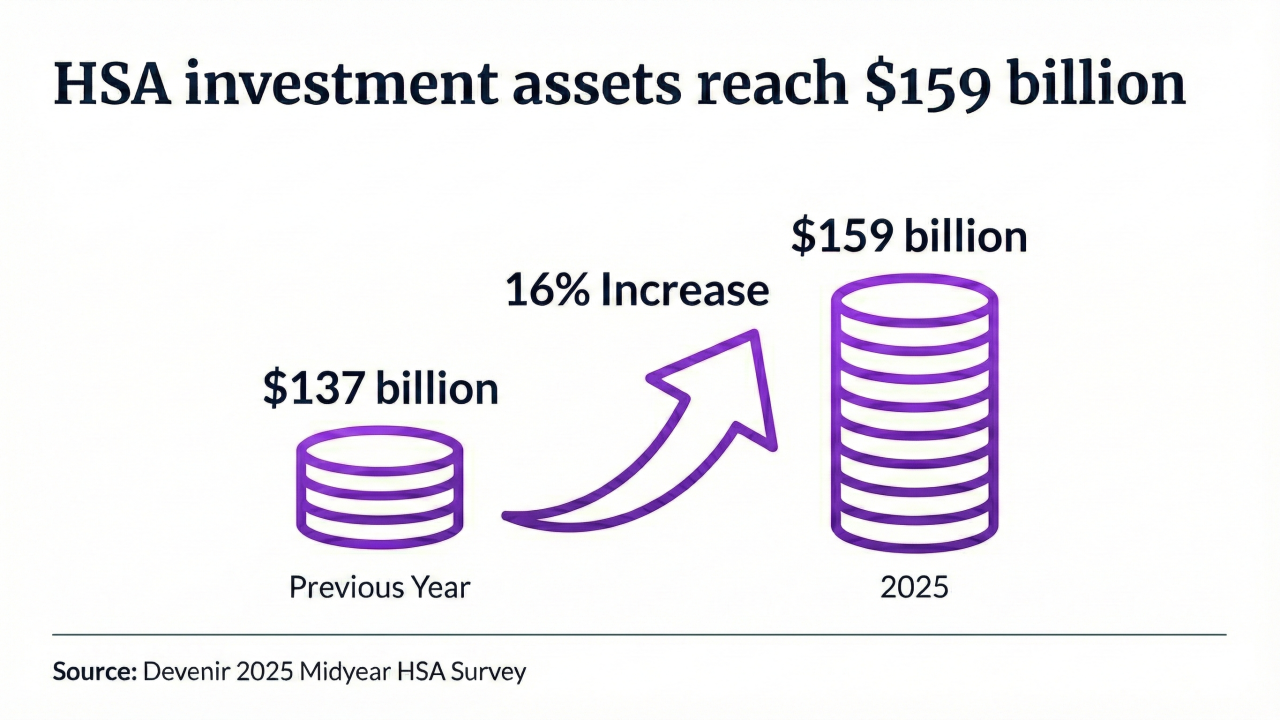A
Still, when a DB plan is severely underfunded and the plan sponsor decides to terminate, the Pension Benefit Guaranty Corporation enters the picture as trustee, attempting to ensure the remaining plan assets are fairly distributed to the plan’s participants. But some experts maintain that the routine appointment of the PBGC as the trustee of terminated plans has created administrative burdens beyond what the agency can handle.
Timothy P. O’Toole, a lawyer with Miller & Chevalier, spoke with EBN about the PBGC’s dual interests in handling terminated plans and why some plan sponsors are opting to appoint independent trustees when faced with terminating their DB plan.
What happens, generally, when an employer terminates a DB plan?
Essentially, the PBGC determines sometimes, when viewed in conjunction with the employer, that the plan is so underfunded that it is not going to be able to pay everybody all the benefits that it promised and so you have a situation in which the PBGC comes in and it terminates the plan and it guarantees all of the pensioners some minimal level of pension. … It won't pay the whole thing. That's one function of the PBGC — when the plan terminates, it acts as kind of the insurance company that pays you a certain amount of your pension.
But then the other thing that the PBGC often does — but Congress didn't require it do — is that it comes in and acts as the trustee to divide up whatever is left in the pension plan.
And so those are the two things that are going on when the pension plan terminates. There's an insurance company, the PBGC, that actually will guarantee a certain amount of pension benefit. And then there is the trustee who divides up all the remaining assets. There's an interplay between the two because if you get a certain amount of assets that equal the guarantee, the PBGC interprets the statute to mean that you can't get any more than that, so it doesn't have to pay the guarantee.
There have been some problems that have arisen from the PBGC’s dual role as the insurance company on the one hand and the trustee, the appointed trustee, on the other. And so I think some companies are rethinking whether or not it would be better to have someone else be the trustee and divide up the assets while the PBGC just sits in the background and provides a minimum pension.
What are some of the issues raised by having the PBGC act as the trustee?
There is actually an asset division scheme that Congress has set up that's not particularly the clearest scheme, so the trustee has a lot of discretion in interpreting who gets what. … the way the PBGC has interpreted the congressional scheme is that if the trustee pays out assets to people up to the minimum guarantee, then the PBGC doesn't have to pay anything.
And so it's in the PBGC's financial interest to pay people just enough so they get up to the minimum guarantee and to pay that from the remaining plan assets as opposed from the PBGC's insurance money. … Sometimes what we see are decisions that seem to be made with the PBGC's own financial interest in mind, as opposed to the interest that the plan participants.
And so who can act as an independent trustee then? What are the types of organizations or people who would act as independent trustees?
So generally, you would need to have significant experience with actuarial and financial decisions with big groups of people, usually because many of these pension plans that have gone under have been fairly large pension plans. We're talking 20,000 people, for example. And so you would need a financial company that is used to dealing with big sums of money.
They would need significant resources, usually, and they would also need significant actuarial expertise so that they can figure out what the plan liabilities are, what the plan assets really are, and figure out how to get the most of the plan assets to the right people the way Congress intended.
And how common is it for terminated plans to use an independent trustee?
It's not very common, actually, but it's becoming more common. In some of the recent plan terminations, or attempted plan terminations, when plans have gone under, I'd say in the last two years or so, some of the companies have actually resisted the PBGC's attempt to become the plan trustee and often successfully.
Are there any issues that plan sponsors need to consider when choosing an independent trustee if they do decide to go that route? Are there risks? What do they need to know about what they're getting into?
It is still unclear from the case law, but there's a good argument that a plan sponsor, as they terminate a plan, has a fiduciary duty to look out for the pensioners whose plan is being terminated by making sure that the best trustee possible is selected.
And so, they ought to consider [whether] the independent trustee that they’re looking at is competent to do its work. Because the last thing you want is to bring in an independent trustee who can't handle the work; you wind up wasting money on the independent trustee, you wind up taking extra time. You run the danger of wasting plan assets if you pick the wrong trustee.





